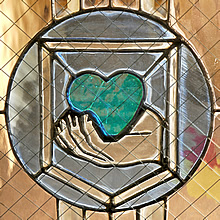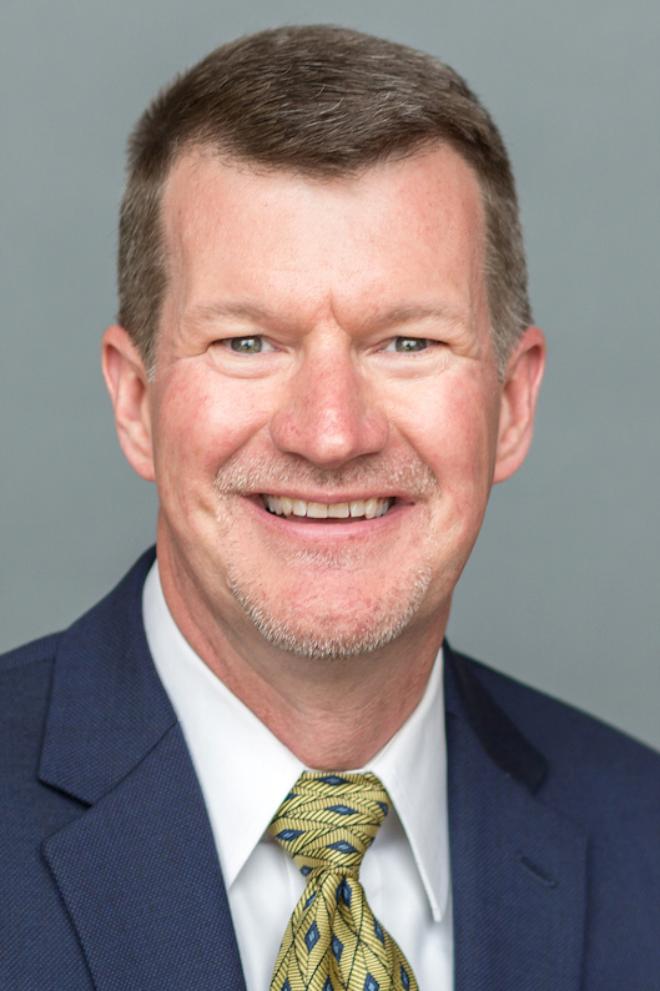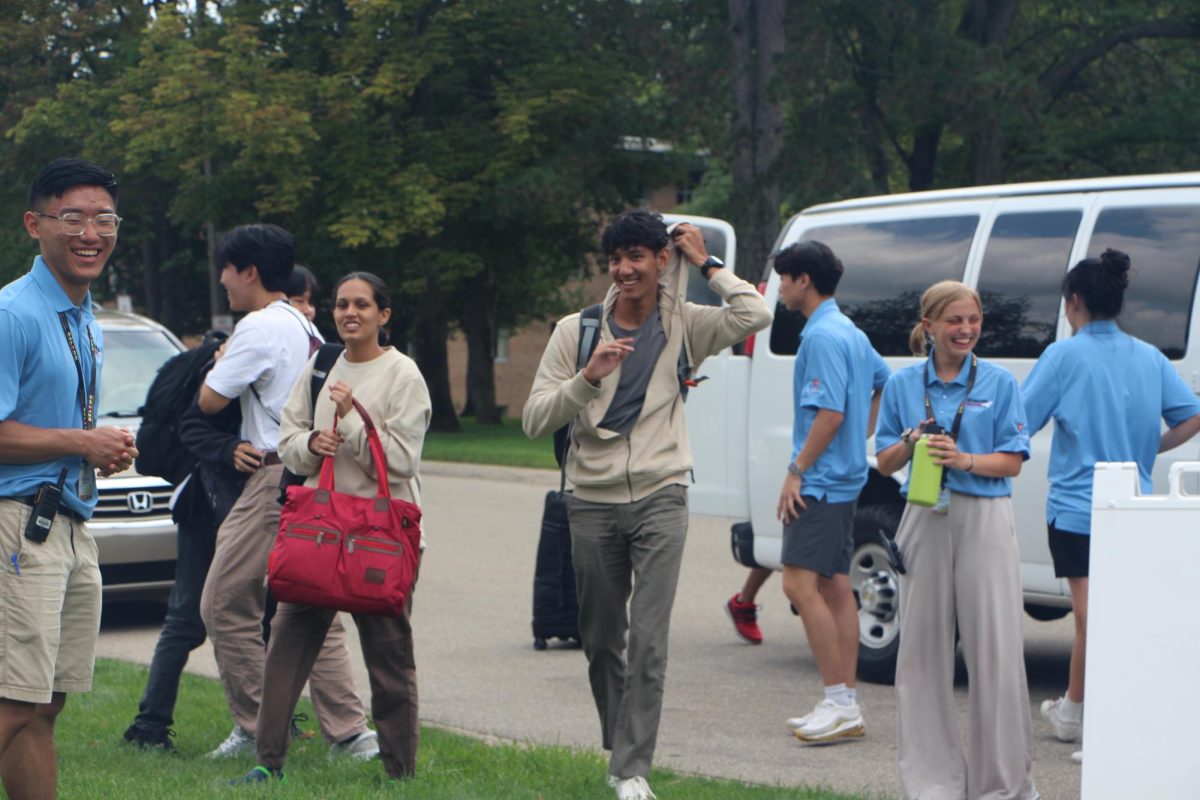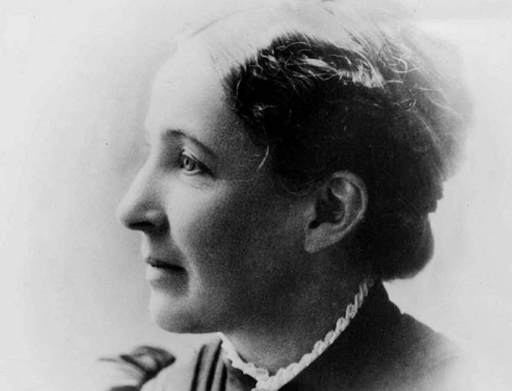What is depression and anxiety?
Have you ever received bad news that makes you physically tired? Depression is something like that — except all the time, explained Libby Huizenga, who serves on Active Minds leadership. She continued by saying depression can even go beyond a feeling of intense sadness and develop into numbness to emotions.
Often students who have never experienced depression do not understand what, to them, seems like irrational thinking.
“I feel like depression is vastly misunderstood,” Huizenga said. “The stigma with depression is that they are experiencing sadness but responding irresponsibly…it might be that they are lazy.”
However, while Cindy Kok, director of Broene Counseling Center, agrees that there is some stigma associated with depression, she thinks Calvin students have a “fairly accurate understanding” of depression.
“Over the time I’ve been here, I’ve seen a decrease in the stigma,” Kok said.
Instead of seeing depression as a lack of rational thinking, Huizenga hopes people understand that it is not simple for the person experiencing depression.
”It’s not a matter of laziness or [lacking] willpower,” Huizenga said. “It’s a powerlessness and intense apathy. It’s a physical exhaustion. The idea of lifting off the covers and getting out of bed is the most overwhelming thing in the world.”
She said the amount of effort to face a day is out of reach, and everyday problems feel insurmountable.
“The main symptom is lack of desire to do things you enjoy. It often goes along with trouble sleeping — both insomnia and oversleeping,” Huizenga said.
Kok adds suicidal thoughts, tearfulness, change in appetite (in either direction), loss of energy, difficulty concentrating or feeling of worthlessness and guilt to the list of symptoms of depression. While depression will look different for every person, Kok advised students to seek help if they have about five or more symptoms.
Kok also identified a misunderstanding some students at a Christian school make by relating depression to a lack of faith. It is not a sign of immature faith; instead, the sadness from depression could make students feel distant from God. Instead of separating psychological life from spiritual life, Kok said Broene works to help students through depression to restore a relationship with God.
“At a Christian college, people can wonder if they need psychological help to deal with worry,” Kok said. “They think something is wrong with their spiritual life and they need to fix that. I see it as the opposite. Depression may be hindering a relationship with God.”
Huizenga also pointed out a similar a misunderstanding of anxiety, a mental illness often seen in tandem with depression. As she explained that anxiety could be related to academics, responsibilities or social situations, she gave an example of the excessive and unnecessary worry brought on by anxiety.
“For some it’s a ramp up of ‘If I don’t do perfect on this assignment then I won’t pass the class. If I don’t pass the class, I won’t get into grad school. If I don’t get into grad school, I’ll be a disappointment to my parents. If I’m a disappointment to them, I have no reason left to live.’ It all sounds irrational and you may even know it, but once you’ve created this anxiety you can’t back down from it,” Huizenga said.
What are possible causes of depression and anxiety?
Huizenga pointed to two causes of depression: genetics and traumatic life experiences.
If depression is genetic, people usually experience onset of depression around the age of 18. This fact, in tandem with life changes most 18-year-olds experience, is the cause of a spike in depression among college students.
“The average onset age is 18, but that doesn’t guarantee that you’ll get [depression],” Huizenga said. “However, leaving for college can trigger it. You’re now living away from parents so all familiar patterns of life have changed. You’re expected to be an adult and motivate yourself to do your own work. The shock from big life changes can push people who may be prone to depression into depression.”
Huizenga noted that anxiety can be brought on by the same causes.
“That’s what makes college terrifying,” Huizenga said. “You’re being taken from unconditionally loving people and experience isolation because of separation from family. But you are not alone — new relationships will grow, but it’s a vulnerable place.”
Huizenga explained that depression as a response to traumatic life events is not an irrational way of coping, however it is a distinct reaction from grief.
“Grief after a tragedy is different. Six months later, you will still be sad, but able to do day-to-day tasks and maintain lasting, meaningful relationships — sometimes even build stronger relationships because of the grief,” Huizenga said. “If trauma causes an onset of depression, in six months you will still experience a crippling sadness. You won’t be able to get out of bed, go to work or engage in social interactions.”
Kok noted that, while cases of depression have always been more numerous than cases anxiety, in the past two years, many college campuses have seen a switch in that there are now more students struggling with anxiety than depression. She points to the current economy as playing a role in higher numbers of anxiety.
What should you do if you or friends have symptoms of depression or anxiety?
When helping a friend facing depression, Kok advises students to ask questions, be present and be able to listen. Invite your friend to do things together, but don’t be offended when they say “no.”
Offer consistency. It is good to be persistent even if the friend continually turns you down. But in all this, do not try to ignore or downplay the problem.
“Acknowledge that this is a problem.” Kok said. “Often, in an attempt to help a friend, people will say ‘I’ve been sad too,’ or ‘I’ve been worried too,’ but what they need to recognize is that this is a general problem, not a passing sadness or passing worry.”
Huizenga first wants to let students know they cannot help friends alone. Although friendship plays a significant role in healing from depression and anxiety, she encourages students not to fight for a friend alone.
“The first thing to remember is you are not a professional — you are not going to just fix your friends,” Huizenga said. “This is both good and bad. It would be nice to be able to fix your friend’s problem, but at the same time, it takes the pressure off you. You don’t know everything — don’t be a hero. Get them to experts.”
You can, however, be an irreplaceable support to your struggling friends by simply being there and being constant.
“People tend to underestimate the power of sitting with someone and saying nothing,” Huizenga said. “They underestimate the most beautiful power of companionship. Knowing there will be people loving you tomorrow and the next day and the next — it is that unconditional love that creates a place for healing. And it’s kind of cool how much it looks like Jesus.”
Huizenga explains this simple act may not be as easy as it sounds. Our tendency is to help them understand how unreasonable their anxious or sad thoughts are. As much as we may want to help depressed friends reason their way out of sadness, this is not a solution.
“It may look like you’re having the same conversation over and over without getting anywhere, but depression isn’t logical,” Huizenga said. “Trying to reason with a person who is depressed is unreasonable — telling them [logic] isn’t what they need to hear. The best way to help with depression is to be a supportive community who loves and listens. For students to feel safe enough to go to Broene they first must feel that from friends.”
If you find the symptoms of depression in yourself, it may be harder to start healing. Huizenga gives advice on step one.
“Tell someone you trust,” Huizenga said. “If you have the boldness to go to Broene, do it. If not, ask someone to help you go there. Having someone ensure you go through with it.”
Kok said a great place to start is with the self-evaluator offered under the resources on Broene’s website: www.calvin.edu/broene.
Stats from Broene:
· The number one reason for visits to Broene is depression, the second is anxiety
· In the 2012-13 academic year:
o 710 (18 percent) students were seen at Broene
o 174 (24/5 percent) of those students were diagnosed with depression
o 140 (19.7 percent) of those students were diagnosed with anxiety
o 150 (21 percent) students indicated that they were referred to Broene by another student
Active Minds summary: Active Minds is the Calvin chapter of a national organization dedicated to reducing the stigmas that surround mental illness.
Broene summary: The Broene Counseling Center provides high quality counseling services in a confidential setting within a reformed Christian framework. We help Calvin students to reduce psychological symptoms, cope with difficult life events and be successful in their academic and personal endeavors.











